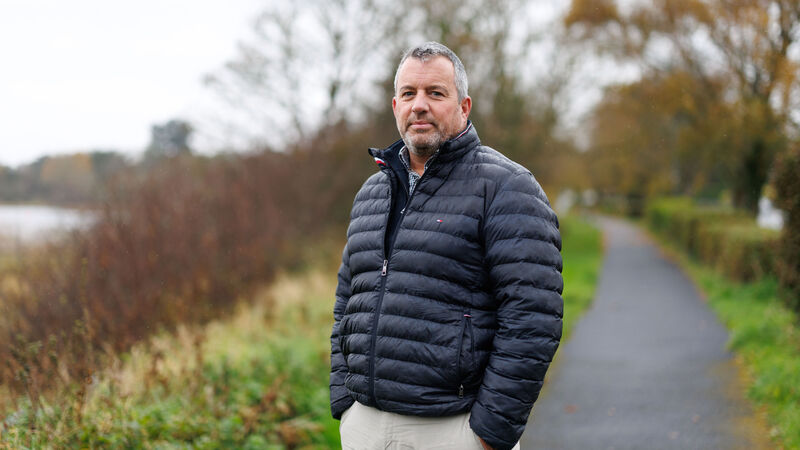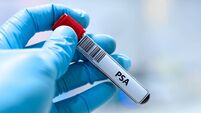'It’s like chemical castration': The devastating effect of hormone treatment for prostate cancer

John Wall: “Prostate cancer is one of those cancers that, depending on the stage you are at, has significant repercussions for you, for your partner." Picture : Eamon Ward
On September 13, writer and broadcaster Manchán Magan was a guest on the RTÉ Radio’s . Magan had a rare aggressive form of prostate cancer, and that Saturday morning, he revealed to O’Connor that it had metastasised and was now terminal.
“We might get a year or two, and we’ll definitely get another few months,” said the 55-year-old Dubliner. He got less than three weeks.











